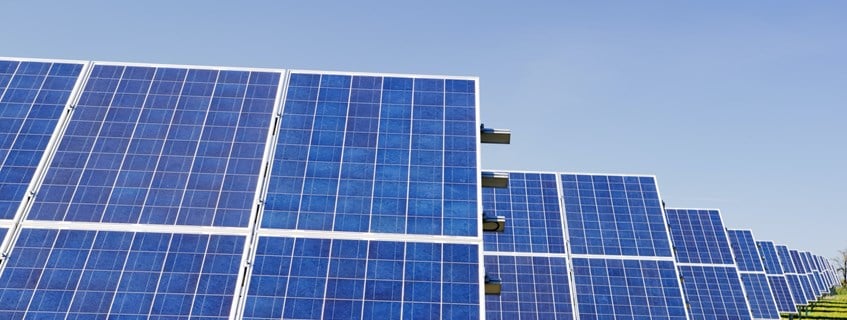
Harnessing the Power of the Sun: A Comprehensive Guide to Solar Panels
In a world increasingly concerned about climate change and the need for sustainable energy sources, solar panels have emerged as a shining beacon of hope. These marvels of modern technology harness the sun's energy to produce electricity, offering both environmental and economic benefits. In this blog, we'll explore the fascinating world of solar panels, from how they work to their advantages, installation, and future potential.
How Do Solar Panels Work?
Before delving into the specifics, it's essential to understand the basic principles behind solar panels. Solar panels are composed of photovoltaic (PV) cells, typically made from silicon. These cells convert sunlight into electricity through the photovoltaic effect, where photons from the sun's rays knock electrons loose from atoms within the PV cells. This generates an electric current that can be harnessed for various applications.
The Advantages of Solar Panels
Solar panels offer a multitude of advantages:
-
Clean Energy: Solar panels generate clean, renewable energy, reducing greenhouse gas emissions and dependence on fossil fuels.
-
Lower Electricity Bills: Solar panels can significantly lower your electricity bills by generating your own power.
-
Environmental Benefits: Solar energy reduces air and water pollution, making it an eco-friendly energy source.
-
Financial Incentives: Many governments and regions offer incentives, tax credits, and rebates to promote solar adoption.
Types of Solar Panels
There are various types of solar panels available, including monocrystalline, polycrystalline, and thin-film. Each type has its unique advantages and applications, and understanding the differences can help you choose the right one for your needs.
Solar Panel Installation
Installing solar panels involves several steps, including:
- Site Assessment: Determining your location's solar potential and the best position for panels.
- Choosing Inverters: Selecting the appropriate inverter to convert DC electricity into usable AC electricity.
- Permitting and Regulations: Complying with local regulations and obtaining necessary permits.
- Installation: Placing the solar panels on your roof or a ground-mounted system.
- Monitoring and Maintenance: Regularly monitoring your system's performance and maintaining it to ensure efficiency.
Solar Panel Efficiency and Storage
Solar panel efficiency has improved significantly over the years. We'll explore the latest advancements in technology, including high-efficiency panels and energy storage solutions like batteries, which enable you to store excess energy for use during the night or on cloudy days.
Solar Panels for the Future
The future of solar panels looks promising, with ongoing research and development aiming to improve efficiency, reduce costs, and enhance sustainability. We'll discuss emerging technologies such as transparent solar panels, solar paint, and solar windows.
Frequently Asked Questions (FAQs)
This section will address common questions and concerns people have about solar panels, such as their lifespan, maintenance, and ROI.
Solar panels have the potential to revolutionize the way we generate and consume electricity, offering a clean, sustainable, and economically viable energy source. By understanding how solar panels work, their advantages, installation process, and future prospects, you can make an informed decision about incorporating this green technology into your life. Embracing solar energy not only benefits you financially but also contributes to a greener, more sustainable future for our planet.
- Exploring Portugal's Enchanting Real Estate: A Guide to Buying Property in the Land of Fado and Sunshine
- Co-living in Portugal: The Rising Trend in Real Estate
- A Guide to Mais-Valias in Portugal: Understanding Capital Gains Tax
- Harnessing the Power of the Sun: A Comprehensive Guide to Solar Panels
- Four Seasons of Portuguese Real Estate: How Weather Impacts Property Values and Investment Strategies
- Discover the Top 5 Beaches to Visit in Portugal This Summer

